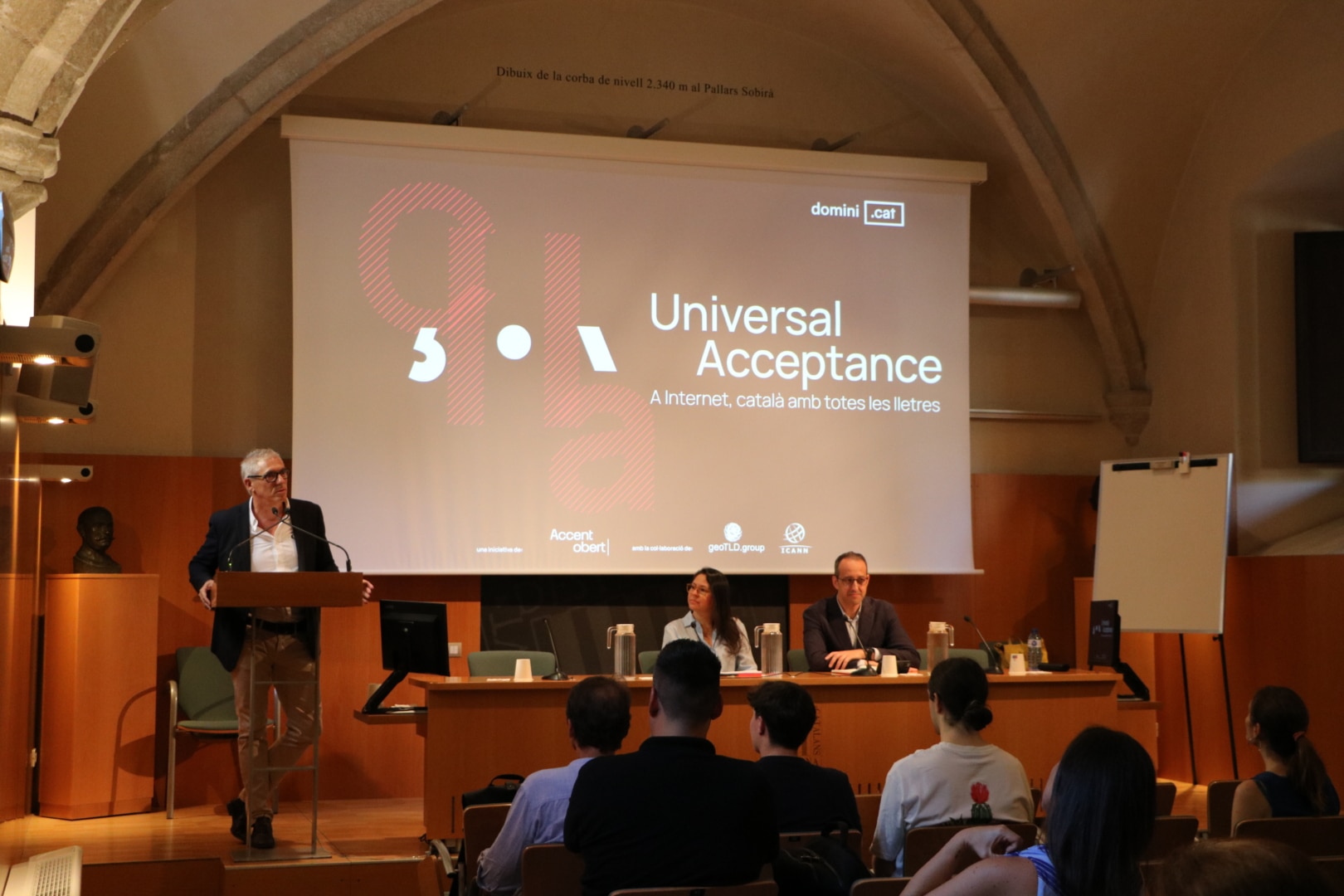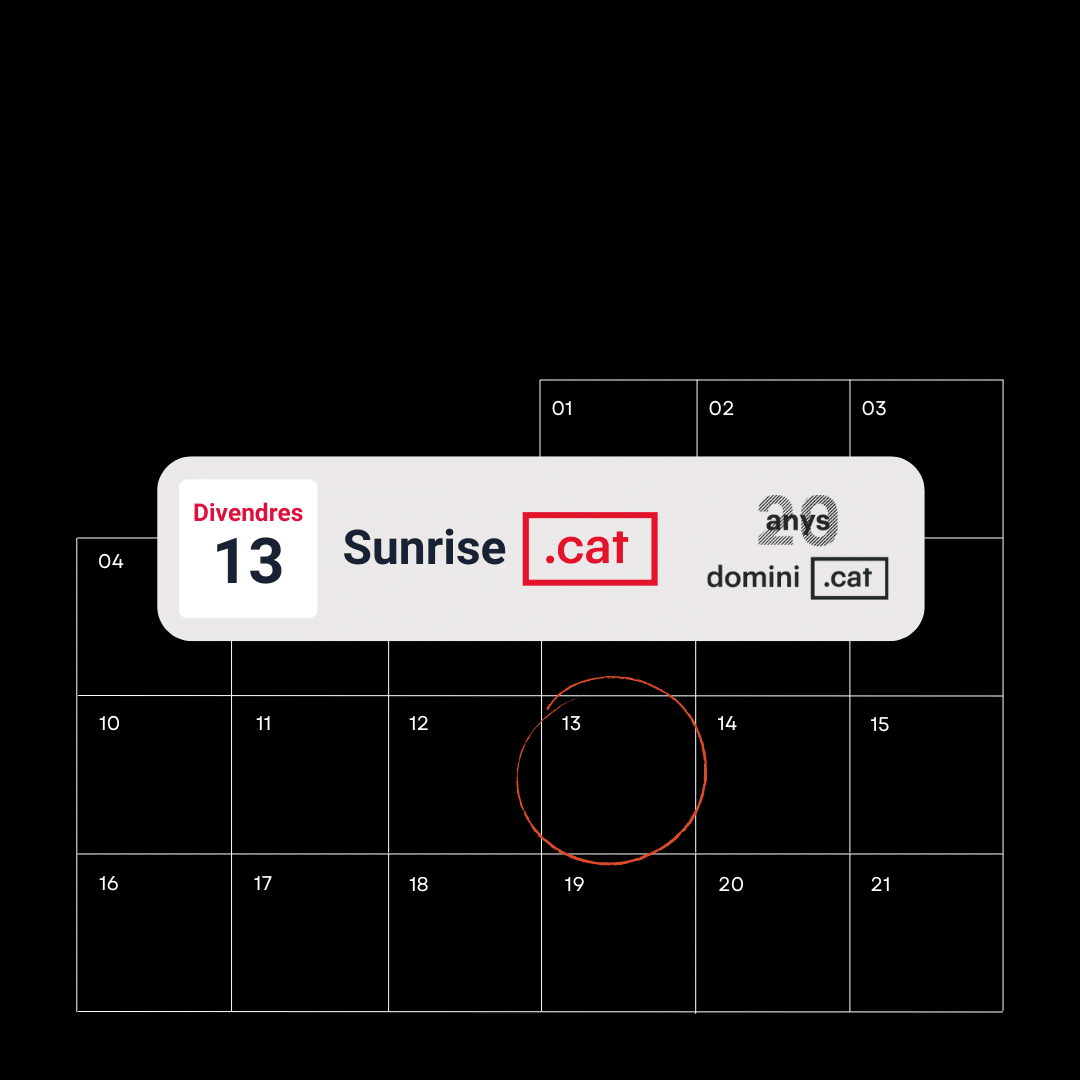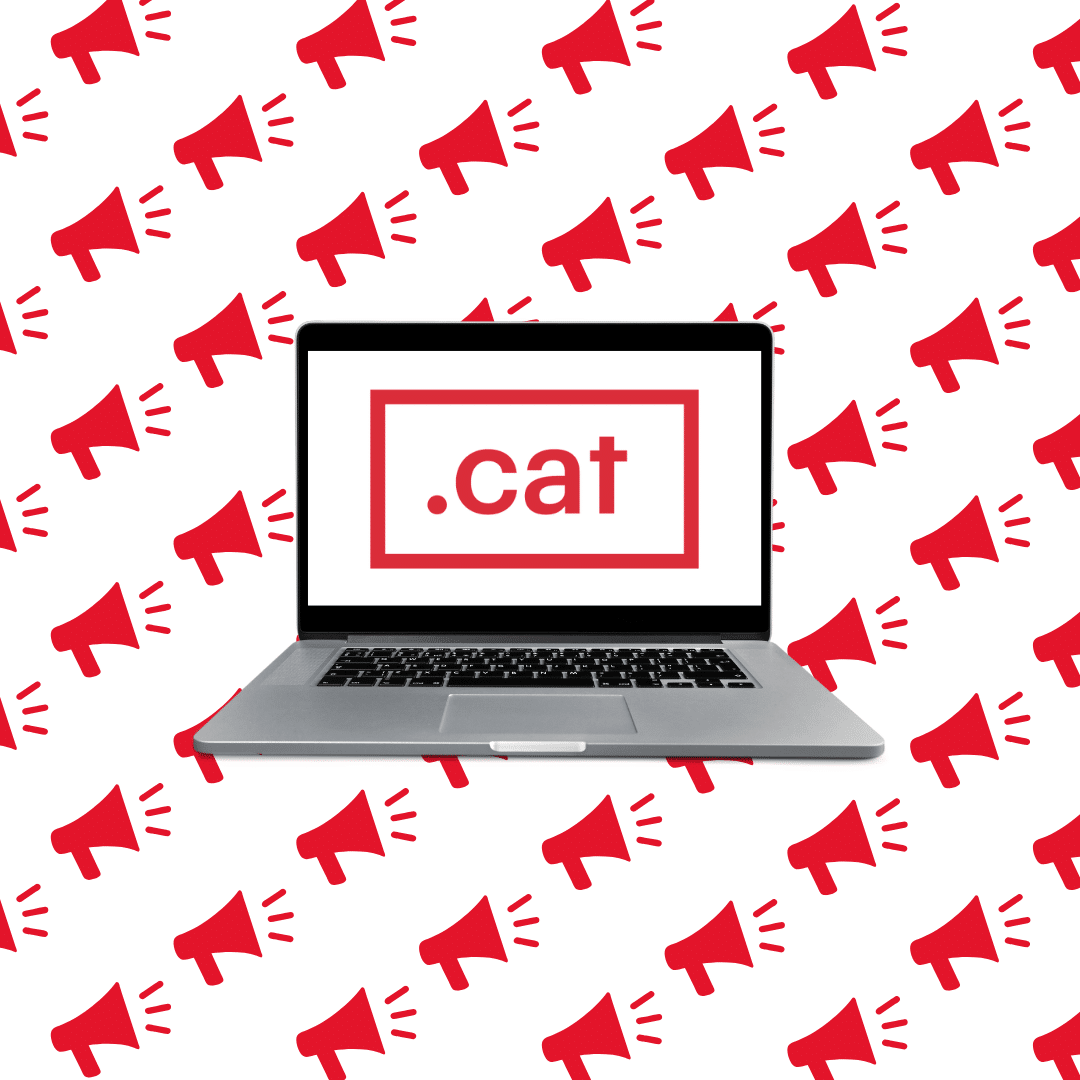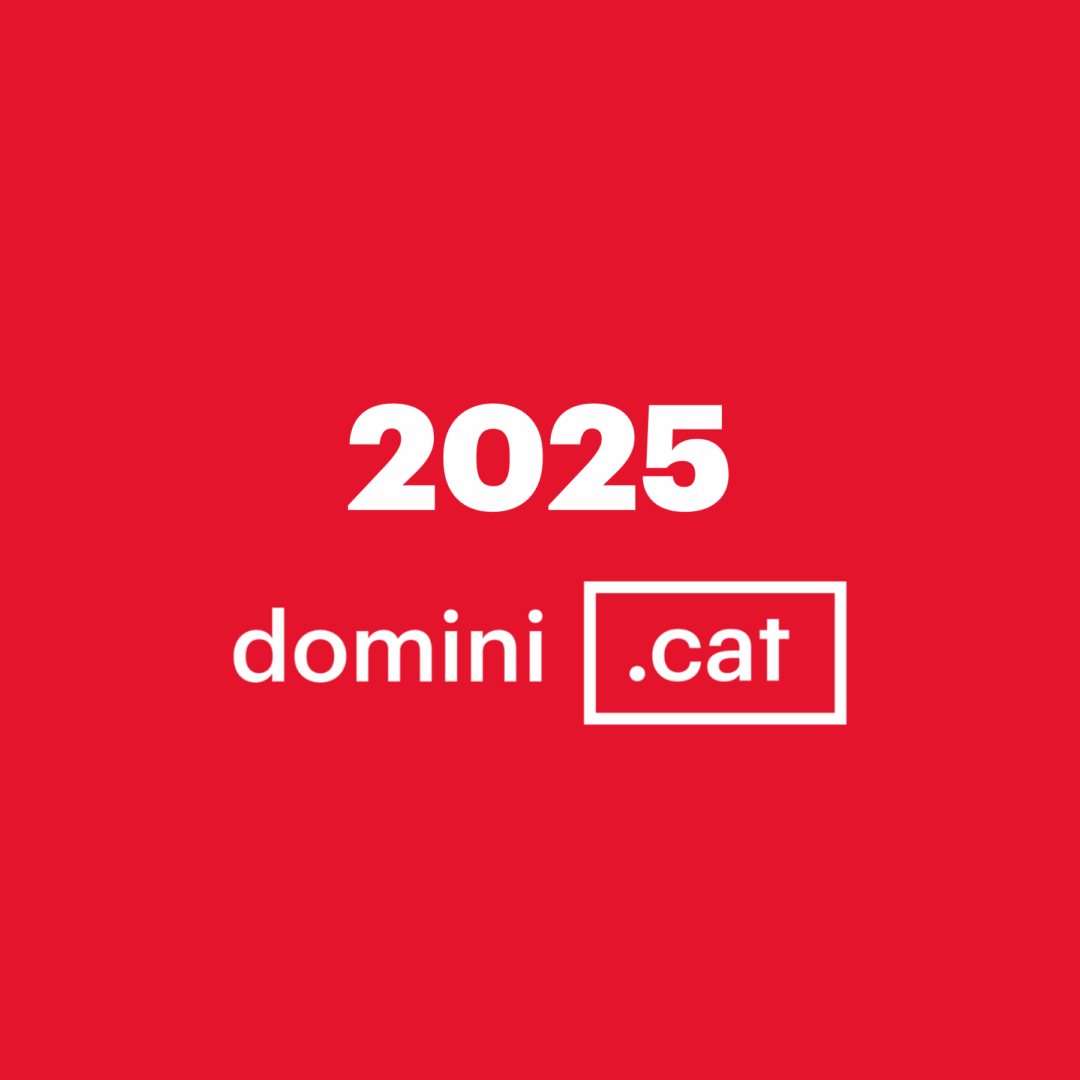Why do only 1.1% of .cat domains use Catalan-specific characters?

A global challenge with local impact: breaking down the invisible barriers for Catalan online
Since its inception, the .cat domain has allowed the use of all characters unique to the Catalan alphabet: the ela geminada (l·l), the cedilla (ç), open accents (è, ò), and more. All of them can be used freely when creating a .cat domain. But why do so many Catalan-speaking users still avoid using them in 2025?
To answer this question, the .cat domain — with support from ICANN and the GeoTLD Group — has organized the event “Universal Acceptance: a Internet, català amb totes les lletres”, a pioneering session that places at the center of discussion the urgent need for full digital recognition and functionality of all Catalan language characters.
The event drew a strong turnout of experts from diverse fields — from law to sociolinguistics, from technology to digital content creation — at the headquarters of the Institut d’Estudis Catalans, all contributing their views on an issue that is neither minor nor exclusive to the Catalan-speaking digital community.
“It’s not just a technical issue, it’s a matter of rights”
The .cat domain marked its 20th anniversary by reaffirming its commitment to defending cultural diversity in the digital world. It also recalled its pioneering role in allowing all languages and cultures to apply for a domain beyond the framework of sovereign states. As Joan Abellà, director of Accent Obert, stated during the opening of the session: “Twenty years ago, we claimed the right to have our own domain. Today, we claim the right to use our language under equal conditions.”
This principle of equality underpins the concept of Universal Acceptance — the idea that all domain names, regardless of script or extension, should work consistently across all digital environments. Nacho Amadoz, president of the GeoTLD Group, emphasized: “If the Internet is to be truly universal, it must recognize all languages and digital identities. This is a matter of user rights.”
Registrars are committed, but limited by major providers
During the session, representatives from registrars such as CDmon, SW Hosting, INWX and Nominalia shared a common concern: while they support IDNs (Internationalized Domain Names) with special characters, they are unable to guarantee full functionality due to technical restrictions imposed by large software and hardware providers. These limitations often affect email systems, online forms, and registration tools.
Registries and registrars stand united in ensuring that all the world’s cultures can be represented in the digital space. However, both acknowledge that political action is needed to push the major tech industry players, who operate solely under market-driven logic.
This logic has led to the artificial dominance of English in the digital world. Linguistic diversity online is still far from reflecting the true cultural diversity of the planet — and the issue faced by Catalan is shared by many other cultures whose languages are similarly marginalized.
Over 113,000 .cat domains — but only 1.1% use special characters
Beatriz Guzmán, head of the .cat domain, presented data that highlights the challenge ahead: although .cat has supported characters like the ela geminada, cedilla, and accented vowels since the beginning, only 1.1% of registered domains actually use them. “There is a digital linguistic awareness gap. Many users choose not to write correctly in order to avoid errors or compatibility issues.”
With a new round of domain delegations expected in 2026, Guzmán stressed that this moment must be seized to make multilingualism a core design principle, not a footnote or an afterthought. And this aim must go beyond domain names — it must extend to critical digital infrastructures and all everyday services that rely on them.
Toward a more robust, diverse, and fair Internet
The session concluded with broad consensus: Universal Acceptance is not just a technical hurdle — it’s about interoperability, digital rights, and linguistic recognition.
The .cat domain, with the support of Accent Obert, will continue working to ensure that Catalan can be fully lived online — and written in with all its letters.


